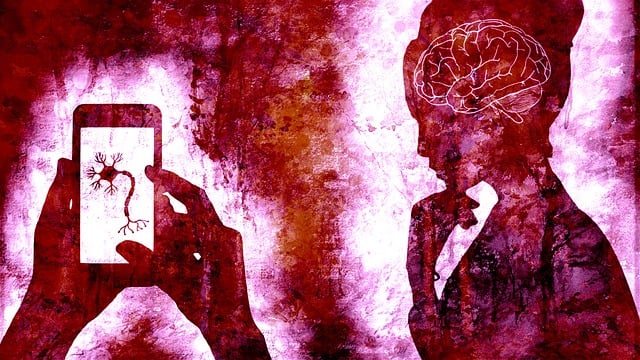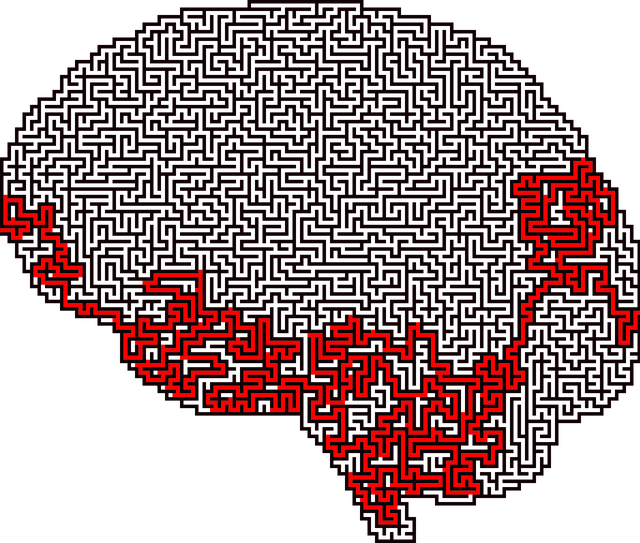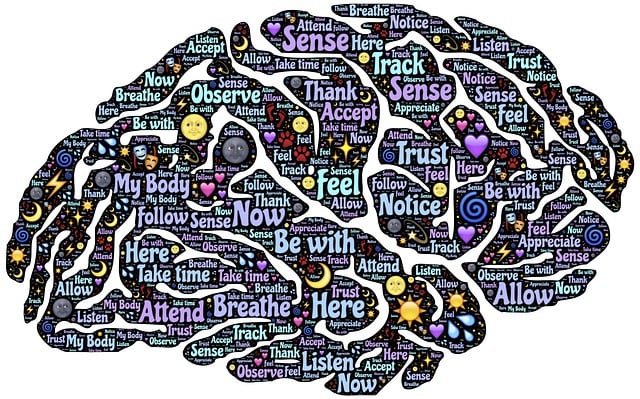Broomfield Men's Issues Therapy (BMIT) emphasizes cultural sensitivity as a cornerstone for effective mental health care, addressing unique male challenges. By creating inclusive environments, BMIT overcomes language and cultural barriers through education, interpreters, and tailored techniques. They adapt therapeutic methods to diverse backgrounds, ensuring clients from various ethnic groups feel valued. This holistic approach boosts self-esteem, opens communication, and encourages men to explore sensitive topics, ultimately enhancing mental wellness. BMIT's focus on cultural sensitivity leads to better outcomes for all clients seeking specialized therapy in Broomfield.
Cultural sensitivity is an essential aspect of delivering effective mental healthcare, especially in diverse communities. This article explores the critical role it plays in improving client outcomes. We delve into the concept of cultural sensitivity and present the Broomfield Men’s Issues Therapy Approach as a practical framework. By understanding cultural barriers and incorporating responsive practices, mental health professionals can provide tailored care.
Through this lens, we examine how strategies like the Broomfield model enhance therapeutic experiences, fostering better engagement and positive client outcomes, particularly for male clients.
- Understanding Cultural Sensitivity in Mental Health Care
- The Broomfield Mens Issues Therapy Approach
- Identifying and Addressing Cultural Barriers
- Incorporating Culturally Responsive Practices
- Benefits and Impact on Client Outcomes
Understanding Cultural Sensitivity in Mental Health Care

Understanding Cultural Sensitivity in Mental Health Care is a crucial step toward providing effective support for Broomfield mens issues therapy. In today’s diverse society, mental healthcare professionals must recognize and appreciate the unique cultural backgrounds and perspectives of their clients. This involves going beyond language translation to truly grasp the values, beliefs, and practices that shape an individual’s mental wellness journey.
Cultural sensitivity means creating a safe and inclusive environment where individuals feel understood and respected. It requires professionals to be aware of their own biases and to actively learn about different cultural contexts, including customs, traditions, and challenges specific to various communities. By integrating this awareness into practice, such as through public awareness campaigns development and mental wellness journaling exercise guidance, healthcare providers can offer tailored support that bridges cultural gaps, fostering better outcomes for all clients, especially those seeking Broomfield mens issues therapy.
The Broomfield Mens Issues Therapy Approach

The Broomfield Men’s Issues Therapy (BMIT) Approach is a culturally sensitive therapy model designed specifically to address the unique challenges and emotional healing processes faced by men. Recognizing that traditional therapy settings often fail to cater to male clients, BMIT prioritizes creating a safe and supportive environment where men can openly discuss their issues without stigma or judgment. This approach leverages the power of group therapy sessions, allowing individuals to connect with peers who share similar experiences, fostering a sense of community and belonging.
Incorporating elements from various therapeutic modalities, BMIT focuses on empowering men to identify and challenge societal expectations that may hinder their mental wellness coaching programs development. Through active participation in group discussions and individual reflections, clients are encouraged to explore emotional expression as a tool for personal growth. The program’s success lies in its holistic view of mental healthcare provider cultural competency training, ensuring that every participant feels valued and understood throughout the emotional healing processes.
Identifying and Addressing Cultural Barriers

Identifying cultural barriers is a pivotal step in providing inclusive mental healthcare. Many individuals from diverse ethnic and cultural backgrounds face unique challenges that can significantly impact their journey to healing. For instance, language differences may hinder open communication, leading to misdiagnoses or misunderstood symptoms. Cultural beliefs surrounding mental health can also discourage seeking help, as some communities view such issues through different lenses. At Broomfield Mens Issues Therapy, we recognize these barriers and actively work to overcome them.
Effective strategies involve fostering strong communication, ensuring interpreters are readily available for non-native speakers, and educating both patients and therapists about cultural nuances. By promoting a safe and understanding environment, we encourage clients to openly discuss their experiences and struggles. This process not only facilitates better self-awareness but also aids in developing tailored treatment plans that address specific cultural needs. Furthermore, integrating stress management techniques and self-esteem improvement strategies can be culturally adapted to resonate with diverse populations, enhancing overall therapeutic outcomes.
Incorporating Culturally Responsive Practices

Incorporating culturally responsive practices into mental healthcare is a vital step towards creating inclusive and effective treatments for all individuals, especially those facing unique challenges related to their cultural backgrounds. At Broomfield Mens Issues Therapy, we recognize that understanding and respecting diverse cultural beliefs, values, and behaviors are essential components of successful therapy. This approach ensures that clients from various ethnic, racial, or socioeconomic groups receive care tailored to their specific needs.
By adopting culturally responsive practices, our organization aims to bridge the gap between mental healthcare services and the diverse communities we serve. We believe that this involves not only adapting therapeutic techniques but also providing educational resources like stress management workshops. Engaging in these initiatives fosters an environment where clients feel seen, heard, and understood, ultimately enhancing their therapeutic journey. This is particularly crucial when addressing issues related to stress management, as cultural context plays a significant role in how individuals cope with and perceive mental health concerns.
Benefits and Impact on Client Outcomes

Cultural sensitivity in mental healthcare is a game-changer when it comes to improving client outcomes, especially for men seeking therapy in Broomfield. By incorporating an understanding and appreciation of diverse cultural backgrounds, therapists can create a safer and more welcoming environment. This approach fosters better engagement and trust between therapist and client, leading to enhanced therapeutic alliances.
When practitioners are culturally sensitive, they can adapt their communication strategies, ensuring that information is conveyed effectively and appropriately. This consideration extends to the therapy room’s overall atmosphere, where cultural nuances can influence a man’s comfort level. As a result, clients may experience increased self-esteem improvement and be more willing to explore sensitive topics, ultimately enhancing their overall mental health awareness and recovery journey.
Cultural sensitivity is a cornerstone of effective mental healthcare, as evidenced by the Broomfield Men’s Issues Therapy approach. By identifying and addressing cultural barriers, therapists can incorporate culturally responsive practices that significantly enhance client outcomes. As we’ve explored, understanding diverse cultural contexts and adopting inclusive strategies lead to better engagement, improved treatment adherence, and ultimately, more positive mental health outcomes for all clients, particularly those from underrepresented groups. The Broomfield Mens Issues Therapy model serves as a powerful example of how cultural sensitivity can revolutionize mental healthcare delivery.










